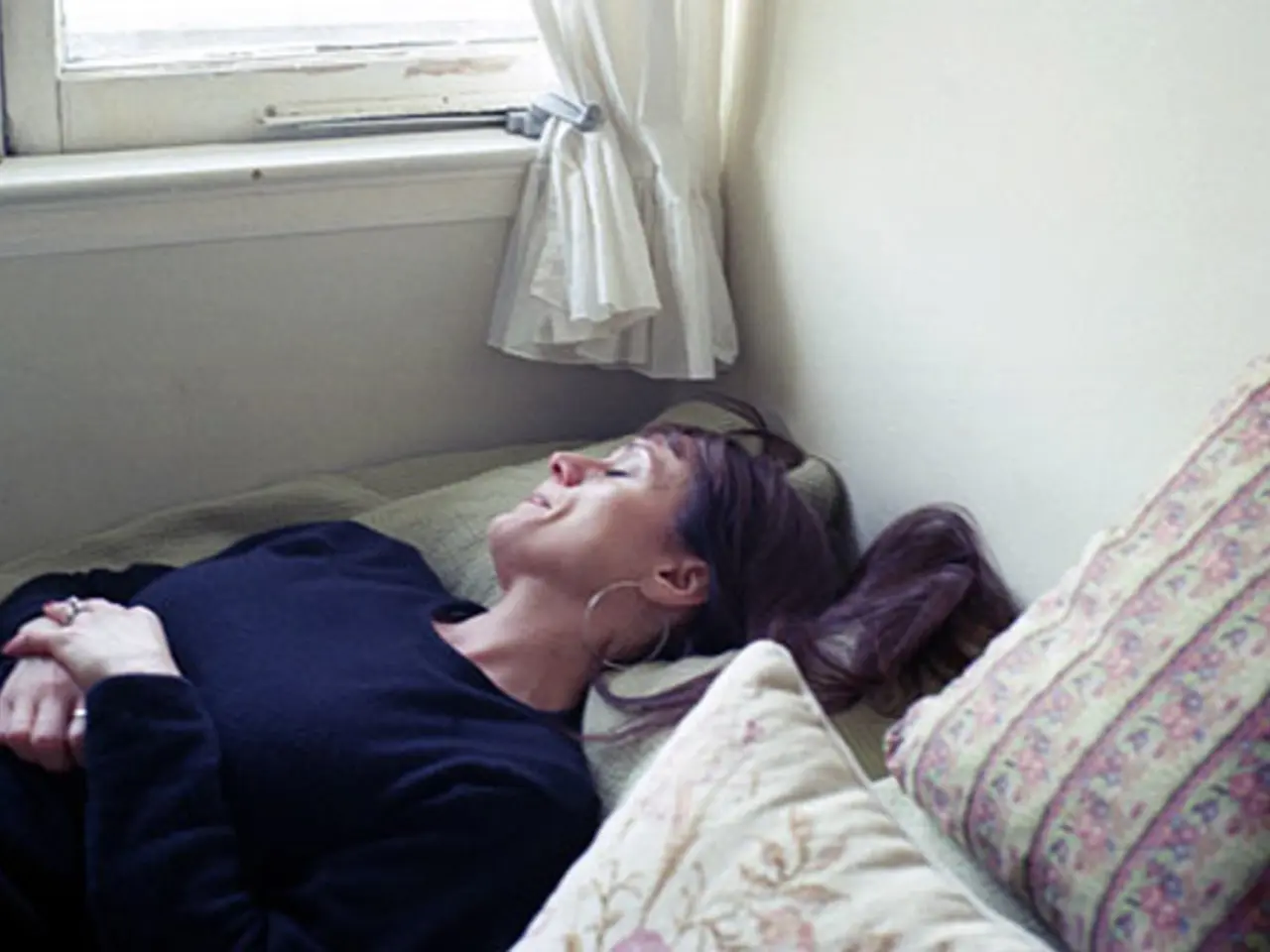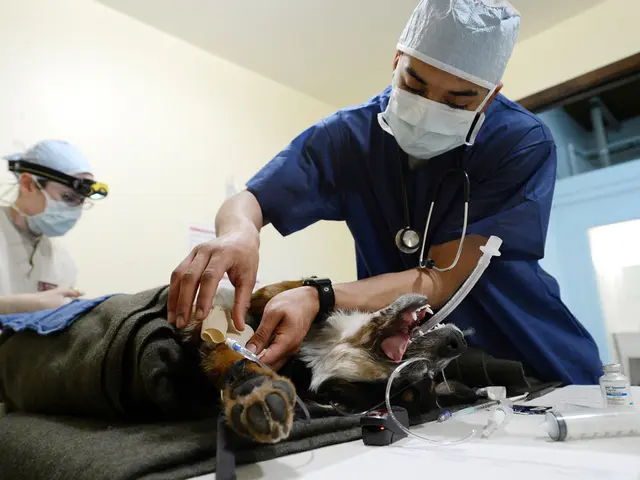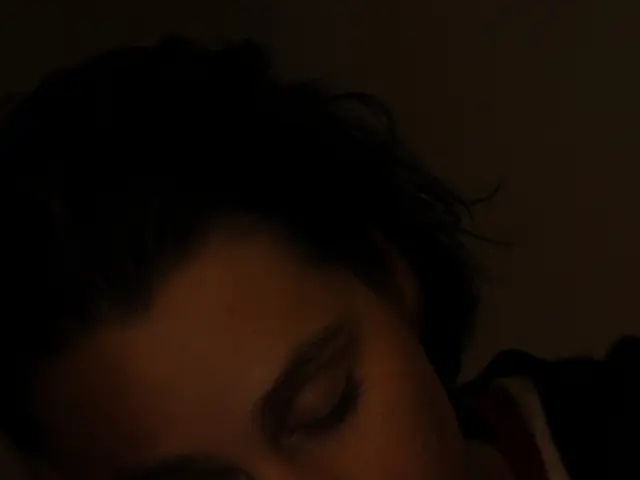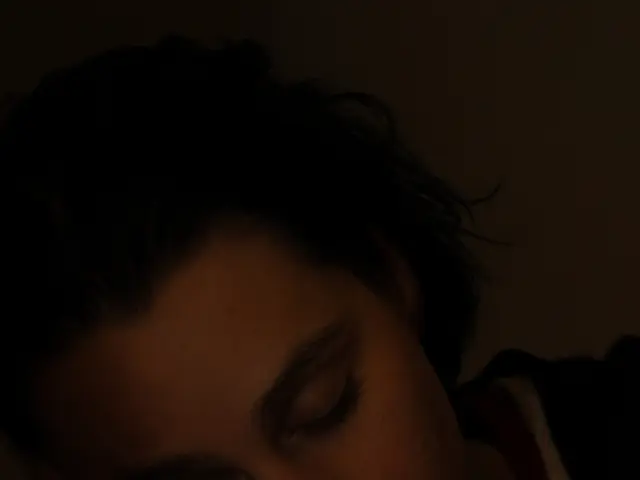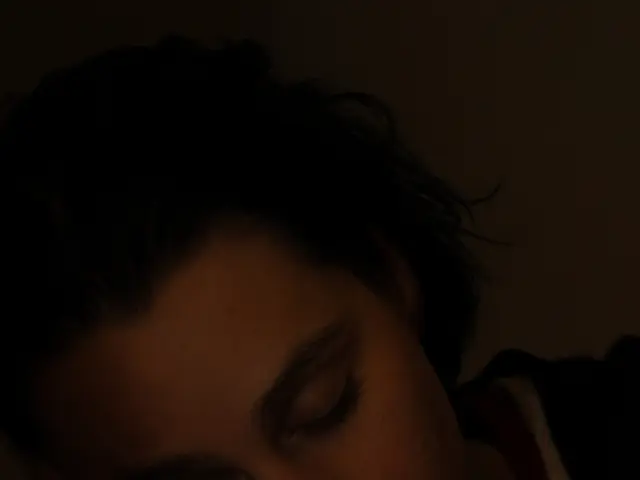COVID-19 patients struggle with mood swings and sleep disorders
Roman Buzunov, a respected doctor and president of the somnology society in Russia, has highlighted a growing concern among COVID-19 survivors - long-lasting sleep disturbances and stress-related symptoms. These issues, collectively known as "long COVID," can persist for months or even years after the initial infection.
The impact of long COVID on the quality of life for survivors is significant, with many experiencing ongoing fatigue and sleep disturbances. Studies show that these issues can include difficulty falling asleep, poor sleep quality, and altered sleep patterns. These sleep problems not only affect the survivors' daily routines but also contribute to diminished overall well-being[3].
In addition to sleep issues, survivors often report neurological and mental health symptoms such as impaired memory, dizziness, anxiety, depression, and altered mental status. These challenges often correlate with stress and can persist for years post-infection[1][3].
Stress and poor mental health quality of life remain significant issues, especially in those with severe acute COVID-19 symptoms or pre-existing conditions. Many survivors take up to 9 months or more to regain their baseline mental health[2].
Persistent physical symptoms, such as breathlessness and cardiovascular complications, can exacerbate stress and sleep problems[1][3]. Approximately 20% of COVID survivors still report one or more persistent symptoms three years after severe infection, highlighting the chronic nature of these effects[1]. Up to 36% of survivors experience some form of long COVID, underscoring the public health burden[4].
Individuals with pre-existing neurological conditions or from certain demographic groups may face heightened risks for these long-term complications, emphasizing the importance of targeted follow-up care[3].
Buzunov emphasized that this issue is relevant for those who have not contracted the coronavirus as well. Factors such as disrupted daily routines due to self-isolation, heartburn and acid taste in the mouth, using gadgets before bedtime, excessive news consumption, reduced physical activity, and even sleep apnea can contribute to insomnia[1].
To combat these issues, Buzunov recommends reducing coffee consumption in the second half of the day, engaging in regular exercise, and normalizing sleep patterns. He also stressed the importance of mental health support for those affected by long COVID[1].
In a concerning development, Buzunov stated that Russia is currently experiencing a pandemic of insomnia in addition to the COVID-19 pandemic, due to prolonged stress. This highlights the need for comprehensive long-term medical and psychological support for those affected by both the virus and the resulting sleep disturbances[1][2][3][4].
In a positive note, the Petersburg metro in Russia has started disinfecting tokens as a measure against COVID-19, providing a glimmer of hope in the ongoing fight against the virus.
The growing concerns among COVID-19 survivors, as highlighted by Roman Buzunov, involve not only long-lasting sleep disturbances but also mental health issues like anxiety and depression. These sleep problems and mental health challenges affect the overall health-and-wellness and quality of life of survivors, potentially persisting for months or even years after the initial infection.
